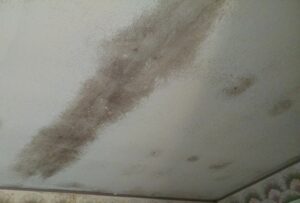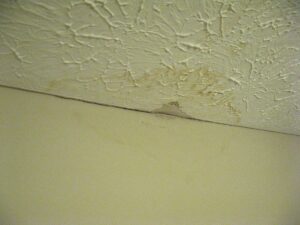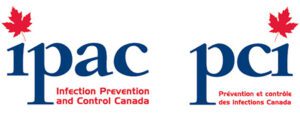Can’t sleep? It may be mold related.


Mold may be a mold related issue
Can’t sleep? It may be mold related.
As research continues into the impacts of mold in our daily lives we are starting to understand a number of things about mold and its impacts on our health that we weren’t aware of even ten years ago.
One of the new lines of research into mold, its impacts and side effects is in the field of sleep-disruption. People are looking for answers as to why they are not getting a good night’s sleep.
A Likely Suspect?
While there are many reasons why people may not be able to sleep, (stress, specific medical issues), research is starting to point the finger at an unlikely source, mold.
With many residential properties experiencing what are called, “damp conditions”, (estimated by the World Health Organization to be between 10% and 50% of all homes), the presence of mold is commonplace. Consider as well that with the onset of the effects of climate disruption this number will surely rise in the near future.
Why would mold be related to sleep issue?
So what is it that really makes mold a likely suspect in sleep related issues among other potential health issues?
-
Mold and Glucan release
Mold can trigger a body’s inflammatory response system by releasing what are called Glucans, (https://www.sciencedirect.com/topics/immunology-and-microbiology/fungal-cell-wall), which, in turn, contribute to respiratory / sleep-related issues.
-
Mold and Allergies
Mold can also trigger bodily adverse responses in the airways and air flow paths within the body. Mold can, in some cases, lead to a narrowing, (swelling), of nasal passages and airways, (rhino conjunctivitis).
-
Microbial Volatile Organic Compounds
Also known by their short form, MVOC’s, (https://www.ncbi.nlm.nih.gov/pubmed/19204852). These gases are produced by active, live mold spores and ill effects from long term exposure to these gases include throat irritation, sleep cycle disruption, headaches and ENT irritation.
-
Volatile Organic Compounds
Today’s modern building materials are stronger and built to withstand damage and deterioration better than they have in the past. But this strength comes at a cost. Volatile Organic Compounds are implicated in many significant health issues, (https://www.healthlinkbc.ca/healthlinkbc-files/air-quality-VOCs), and are released when materials become damp / wet.
Now, consider the fact that, for most people, we spend a third of our lives sleeping, specifically in our bedroom. And should our bedroom be exposed to moisture in levels high enough to support mold growth your exposure levels are significant.




We typically see mold coming from an attic, essentially a room adjoining a bedroom, due to leaks from a failing roof or condensation related mold on the inside attic sheathing.
If this is the case you are breathing in mold every night, eight hours at a time. If you have a mold source near your bedroom you are increasing your risk of health problems just due to that fact.
What should I do?
- Establish whether or not mold is present and in what density. What are you breathing in your home? – Conduct an Indoor Air Quality analysis, (usually takes between 1/2 hour and 3/4 of an hour). You will receive a detailed breakdown of the types and concentrations of mold in your homes environment
- Seek out the source of mold spore contamination – Have a mold inspection conducted to try and locate the source of moisture and the amount of mold that needs to be re mediated, (https://mapleleafmold.ca/is-hidden-mold-at-home-making-you-sick/
- See a doctor and have a blood test to determine the levels of mold in your blood, (see https://mapleleafmold.ca/symptoms-mold-importance-blood-test-confirm-suspicions/)
Studies
Damp housing and adult health
https://jech.bmj.com/content/48/6/555
Insomnia is more common among people living in damp buildings – https://oem.bmj.com/content/62/2/113
Sleep problems in children
https://www.sciencedirect.com/science/article/pii/S0013935114004605
Indoor mildew growth and adult allergic symptoms
https://knowthecause.com/wp-content/uploads/2016/11/Shiue2015MoldOdorSleepComplaints.pdf
Podcast – Mold and Sleep Disorders


Maple Leaf Mold Inc. is a certified mold / asbestos removal and biological disinfection / air analysis company located in Toronto that uses certified IICRC technicians for all testing and remediation projects.
We are a professionally licensed firm experienced in testing, verifying and removing Mold / Asbestos / Lead and other environmental contaminants as well as providing disinfection services to control and kill biological contaminants.
Call 416-254-7256 to talk with us about your issue anytime.






